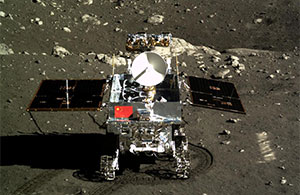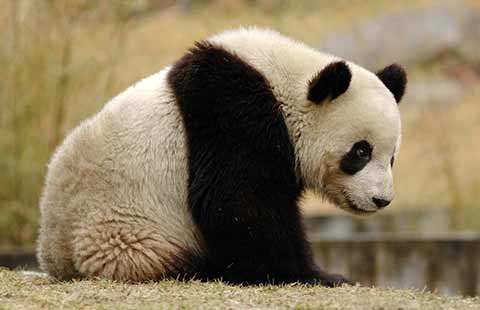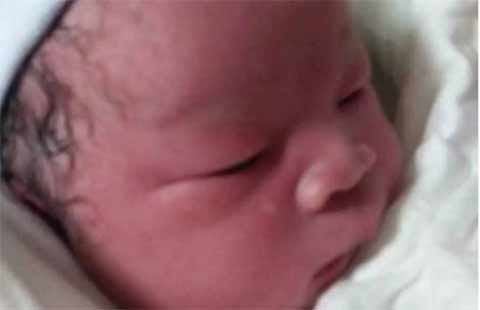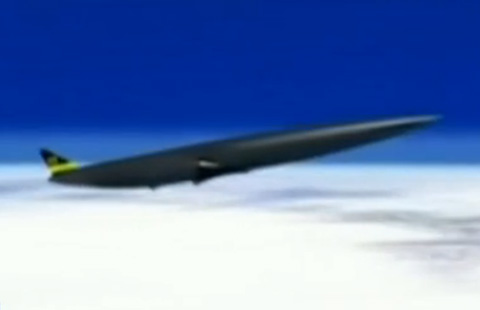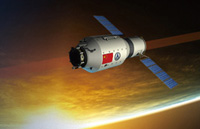THAAD likely focus of summit
By Li Xiaokun (China Daily) Updated: 2016-08-05 08:01
ROK's Park may seek to ease Russia's concerns over deployment in talks with Putin, experts say
The visit to Russia by the Republic of Korea's president in early September is likely to address tensions between Seoul and Moscow over the THAAD missile defense system and seek to break Russia and China's united stance on the issue, experts said.
The ROK presidential Blue House announced on Wednesday that President Park Geun-hye will fly to Russia on Sept 2 to attend an economic forum on developing Russia's Far East and to discuss Pyongyang's nuclear program with Russian President Vladimir Putin.
Washington and Seoul said in a joint announcement on July 8 that the Terminal High Altitude Area Defense system will be deployed to deal with the Democratic People's Republic of Korea's nuclear and missile threats.
China and Russia expressed strong opposition to the system, whose radar will be capable of monitoring missiles in the two countries, saying it will destabilize the balance of security in the region.
An official from Park's office told The Associated Press that he couldn't confirm whether THAAD will be discussed in the meeting between Park and Putin scheduled for Sept 3.
Nam Chang-Hee, an international politics professor at Inha University in Incheon, told ROK news agency Yonhap, "Park is likely to use her summit with Putin to ease Russia's concerns over THAAD."
Zhang Liangui, an expert on Korean studies at the Party School of the Communist Party of China's Central Committee, said that "China and Russia have been on the same line since the announcement of the system, which has exerted great pressure on the ROK".
Zhang said one target of Park's Russia trip is likely to be seeking to use economic cooperation documents in exchange for a softened stance by Moscow on the planned THAAD deployment, in order to influence the Chinese government.
The planned THAAD deployment could be an incentive for security cooperation between Russia and China, said Sergei Luzianin, acting director of the Institute of Far Eastern Studies at the Russian Academy of Sciences.
"The deployment of a new missile defense system (in the ROK) is the most serious challenge in recent years, above all, to China and Russia," he told Chinese media, warning that the action could be the start of an arms race in Northeast Asia.
Moscow and Beijing might use the "huge strategic potential of military deterrence" to counter the new tensions that the US is trying to create in the region, he said.
Moscow has warned that missile units could be deployed in eastern Russia in response to THAAD. On Wednesday, Pyongyang fired two ballistic missiles in an apparent response to plans to deploy THAAD.
The decision to deploy THAAD has drawn strong domestic opposition, particularly from residents in the ROK's southern town of Seongju, the site selected for the deployment.
Zhang Xiaozhong and Xinhua contributed to this story.
- Activist accused of subversion pleads guilty
- Health certificate steps reduced for foreigners
- Guangdong police bust illegal fund-raising gang
- Himalayan rail route endorsed
- Beijing lawyer Zhou Shifeng jailed for subversion
- China opens S China Sea website
- Ministry issues draft rules for car-hailing business
- 700 officials punished by green teams
- Hangzhou learns the language of summit success
- Panda twin births boost the hopes for survival



